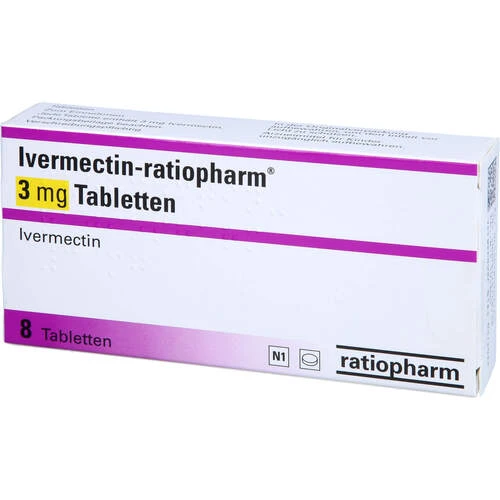
Introduction
Ivermectin, a medication traditionally used to treat various parasitic infections, has gained significant attention during the COVID-19 pandemic. The interest primarily stems from early studies indicating its potential antiviral properties. Understanding ivermectin’s uses, efficacy, and recent developments is crucial for healthcare professionals and the general public alike, especially with ongoing discussions regarding its role in treating various diseases.
What is Ivermectin?
Originally approved in 1987, ivermectin is a broad-spectrum antiparasitic agent effective against several parasites, including those causing river blindness and lymphatic filariasis. It is included on the World Health Organization’s List of Essential Medicines, underscoring its importance in global health.
Ivermectin and COVID-19
During the early months of the COVID-19 pandemic, ivermectin drew attention as a potential treatment option. Initial studies suggested that ivermectin could inhibit the replication of the SARS-CoV-2 virus in vitro, prompting widespread interest. However, subsequent clinical trials and reviews, including those by the WHO and the FDA, indicated limited to no efficacy in treating COVID-19. As of now, the consensus among health authorities suggests that ivermectin should not be used for COVID-19 outside of clinical trials.
Current Status and Recommendations
Health Canada has emphasized the importance of relying on approved treatments for COVID-19, steering clinicians and patients away from using ivermectin for this purpose. The efficacy and safety profile must be well-established before any broader application can be considered. Moreover, despite its limited use in treating COVID-19, ivermectin remains a powerful tool against several parasitic diseases, particularly in low- and middle-income countries.
Conclusion
Ivermectin’s journey from an essential antiparasitic to a controversial contender in the realm of COVID-19 treatment illustrates the complexities of drug repurposing amid a public health crisis. As research continues, there is still a vital need to ensure that treatments offered to patients are backed by robust clinical evidence. Moving forward, it is essential that public health messaging remains clear, emphasizing the importance of scientifically validated treatments while continuing to monitor ongoing studies related to ivermectin in various contexts.



